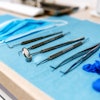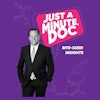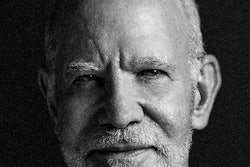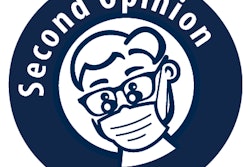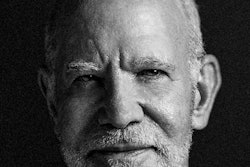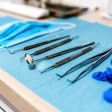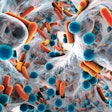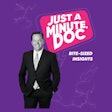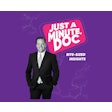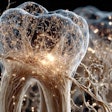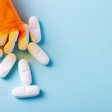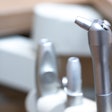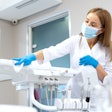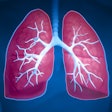
I have a client who is a successful dentist-owner with several locations. It's a hub-and-spoke model for his specialty practice. He's a good guy, an impressive leader, and very smart, too. He's been a good client for years. This past Monday, he tested positive for COVID-19 as did some of his staff. In addition, he reported that several dentists in his area tested positive as well.
He lives in a state that has basically "opened up." His statement to me was, "We're just ahead of the curve. Every state will be where we are. Many dentists will be where I am."
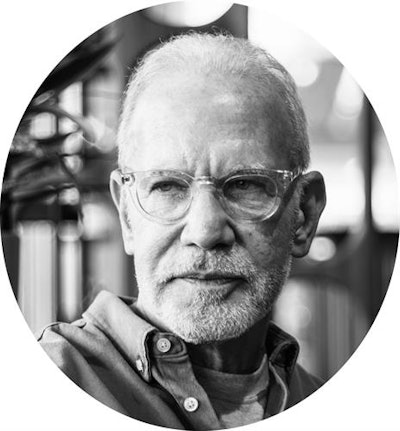 Marc Cooper, DDS, MSD.
Marc Cooper, DDS, MSD.When my client heard the news, all the emotions erupted -- fear, shame, fault, and worry. Worry for his family's safety. Worry about the position this puts the practice in, given that patients had to be called and informed. Worry because it is a deadly disease. The potential life-altering breakdowns from this viral event could be catastrophic in every area of his life, even for life itself.
For me, it brought up two critical questions.
First, how susceptible are practicing dentists to contracting COVID-19? For real data, this can only be measured in time, as most practices just opened. But it seems obvious that dentists will likely be on the high side of the "medium risk" category and might even have their feet in the "high risk" zone, depending on location.
The dentist rate of infection has yet to be determined. However, as a profession, we need to know the risks. You can't manage risk until you identify the risk.
Dentists really need to get that they are front-line workers and, being a front-line worker, the likelihood of encountering the virus is significantly higher than in other venues. It is inevitable that a percentage of dentists (what percentage, we don't know) will be infected.
Simply taking temperatures, reading pulse oximeters, and having all the personal protective equipment (PPE), along with asking the standard questions, won't be enough protection from asymptomatic patients who carry the virus or patients just beginning their incubation period. There aren't enough tests to know, and the accuracy of the antibody tests are as yet unconfirmed.
Furthermore, who your staff members encounter and the conditions they put themselves in after work are totally out of the practice's control. Your influence disappears when they are off the clock. And who knows where your patients have been.
Here is the second and equally important question: Does the dental practice have protocols, processes, staffing requirements, compensation adjustments, and language for what to say if the doctor gets sick with COVID-19? Does the practice have a plan about how to communicate to the patients and the market in such a way that people do not consider the practice a death trap?
It is clear to me, and I hope to everyone else reading this, that there is often no plan to address the issues of a dentist who becomes infected and then recovers from COVID-19.
What is the process of returning a post-COVID-19 dentist to his or her practice? What should dentists do, and when should they do it, for the practice to be viable? You knew what you needed to do to open. It's best to consider this as just as important.
Marc Cooper, DDS, MSD, is the president of MBC Consultants. Dr. Cooper has worked throughout the healthcare industry during his career, with the majority of his clients being in the dental industry. His current focus is coaching leaders, dentists, and senior executives on how to effectively navigate their organizations and lead their respective teams during this period of tremendous uncertainty.
The comments and observations expressed herein do not necessarily reflect the opinions of DrBicuspid.com, nor should they be construed as an endorsement or admonishment of any particular idea, vendor, or organization.

